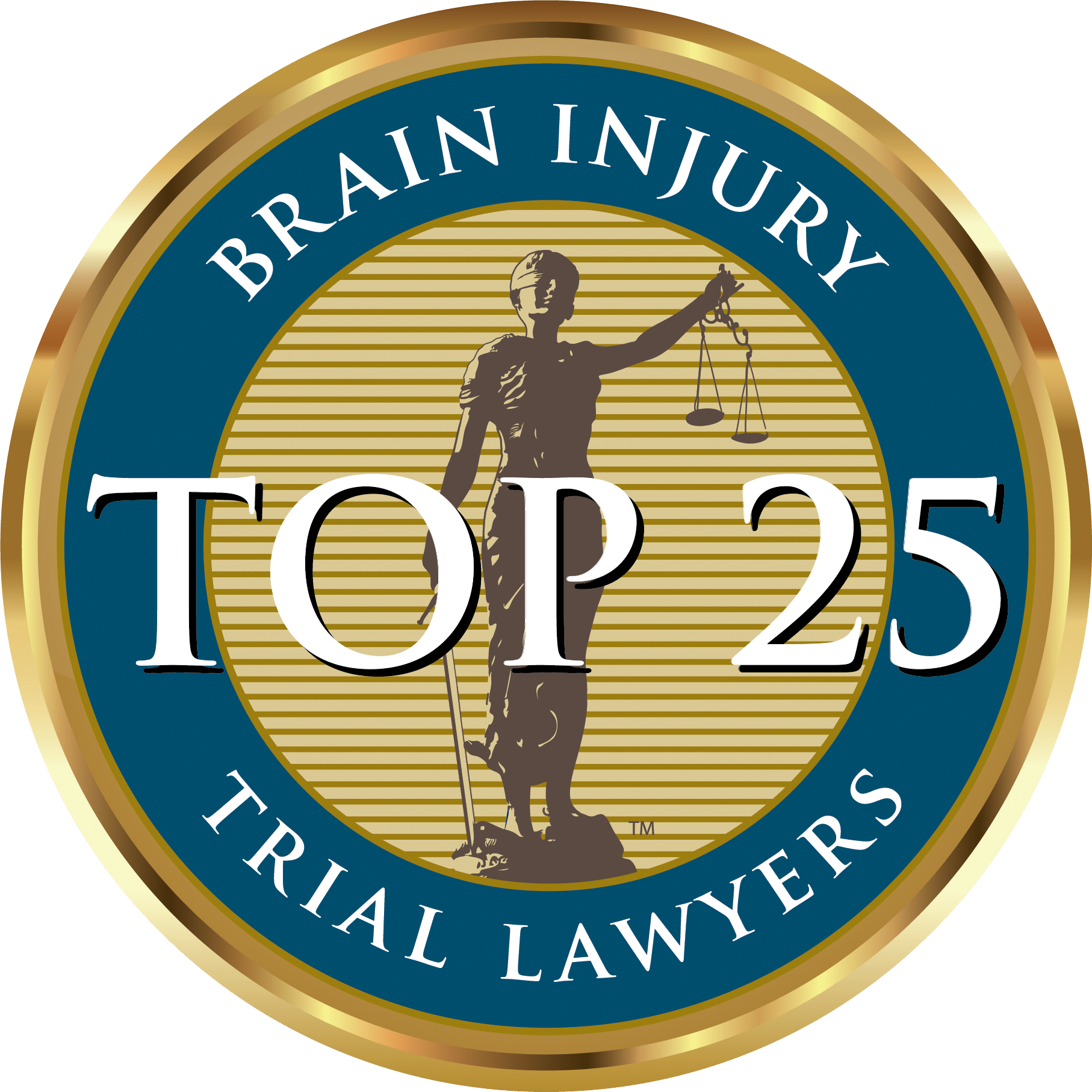
In Pennsylvania, anyone who operates a motorcycle must have a motorcycle license (commonly referred to as a Class M license). Before you can legally ride, there are a few basic requirements you must meet in order to obtain your Pennsylvania motorcycle license. The process is simple and very similar to obtaining a motor vehicle license.
And why should you want to get a license if you want to ride? Aside from the legal requirements, there are plenty of safety reasons to get your license. You’ll have to pass a knowledge test as well as a skills test or motorcycle course. These can help you learn to be a better rider so you can manage or avoid many of the risks that bikers face. There might even be ramifications on your ability to file an insurance claim if you are in an accident while not licensed.
What requirements do I have to meet in order to obtain a motorcycle license in Pennsylvania?
You’ll first have to obtain a motorcycle permit. The steps to do so are as follows:
- Fill out your Application for Motorcycle Learner’s Permit. You must pay a fee of $10 to obtain a permit.
- Download the Pennsylvania Motorcycle Operator’s Manual.
- Pass a vision test and a basic motorcycle knowledge test.
If you successfully complete these steps, you will receive your motorcycle learner’s permit. It is valid for one year. Riders under 18 must have the permit for at least six months and put in 65 hours of supervised riding. Young riders must also take a Motorcycle Safety Program Basic Rider Course; this counts as 15 of the 65 hours required.
Next, to get your motorcycle license, you have two options:
- Schedule and pass a skills test. These take place at a Driver’s License Center near you. When you search for a location near you, be sure to check the box next to Motorcycle Skills Test under the Driver’s License/Photo ID Services section.
- Take and pass a Motorcycle Safety Program. You will have to pass a test with a riding instructor at the end of the course. This option waives the requirement to take the skills test.
Get legal help from a legal team that will never stop fighting for you.

Can I file an insurance claim after an accident if I do not have a motorcycle license?
In Pennsylvania, drivers must carry medical benefits insurance coverage. This covers the costs of the injuries that the policyholder suffers in the accident. This differs from liability coverage, which covers the injuries that the policyholder causes to other parties.
If another driver caused the wreck, injured drivers can sue the at-fault party for medical expenses. They can sue for pain and suffering if they have full tort coverage, or if they have limited tort coverage and they suffered serious injuries. Drivers choose full or limited tort when selecting their auto policy. (Learn more about full vs. limited tort insurance in Pennsylvania.)
But the rules are different for motorcyclists. They do not have to carry medical benefits coverage and, thus, are unable to recover first-party benefits. (75 PA CSA 1711(a) and 75 PA CSA 1714) They still must carry liability insurance, however. So while motorcyclists may find it difficult to get an insurance policy if they do not have a license, they could not get first-party coverage anyway in the event of a wreck.
Motorcyclists can still file a liability claim against another driver if that driver caused the wreck. Unlike other drivers who must choose between full and limited tort, motorcyclists are automatically full tort. They can file a lawsuit for medical expenses, pain and suffering, and other damages, regardless of the severity of their injury.
So while lack of a motorcycle license may not prevent the rider from filing a liability claim, it could affect the outcome of that claim.
Pennsylvania Comparative Negligence Laws for Riders Without a Motorcycle License
Pennsylvania comparative negligence laws prevent a claimant from recovering damages if he was more than 50 percent at fault for the accident. If less than 50 percent at fault for the accident, the rider can still recover damages, but it will reduce damages by the rider’s percentage of fault.
For example, if a rider was 30 percent at fault and suffered $100,000 in damages, the rider could only recover $70,000.
So an insurance adjuster handling your liability claim with the other party’s insurance may look for ways to increase your comparative negligence, and thus decrease the compensation you recover. If you do not have a valid Pennsylvania motorcycle license, the adjuster may argue that you lacked the necessary skill to operate the bike and contributed – or caused – the wreck.
Contact a Motorcycle Accident Attorney
No matter what your license status, every person is entitled to compensation in the event of an accident if the crash was not his or her fault. For help getting the compensation you deserve, set up a consultation with a Bucks County motorcycle accident attorney at Cordisco & Saile LLC today. You can call us at 215-642-2335 or fill out our contact form.






